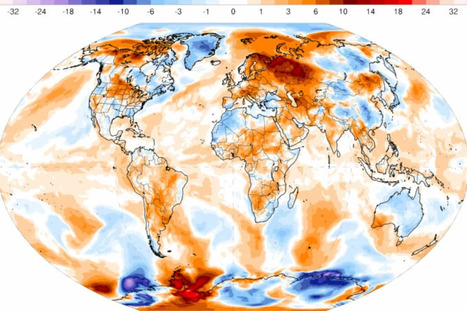- Reconstitution de 10000 ans d’évolution de l’érosion dans les Alpes Européennes grâce aux sédiments du lac du Bourget et à la géochimie isotopique
- Pour la première fois, les effets des activités humaines sur l’érosion ont pu être distingués de ceux du climat et quantifiés
- Depuis 3800 ans, les effets de l’agropastoralisme dominent largement ceux du climat et transforment le fonctionnement de l’environnement
Research and publish the best content.
Get Started for FREE
Sign up with Facebook Sign up with X
I don't have a Facebook or a X account
Already have an account: Login
Revue de presse et du net par le Pôle de partage des connaissances S&T de l'Office français de la biodiversité
Curated by
DocBiodiv
 Your new post is loading... Your new post is loading...
 Your new post is loading... Your new post is loading...
|
|













Rapuc, W., Giguet-Covex, C., Bouchez, J., Sabatier, P., Gaillardet, J., Jacq, K., Genuite, K., Poulenard, J., Messager, E., Arnaud, F., 2024. Human-triggered magnification of erosion rates in European Alps since the Bronze Age. Nature communications, publié le 10 février 2023.